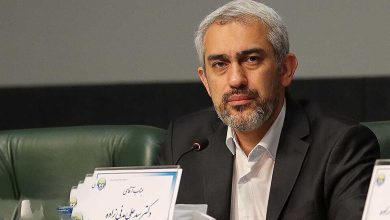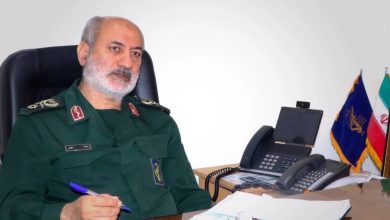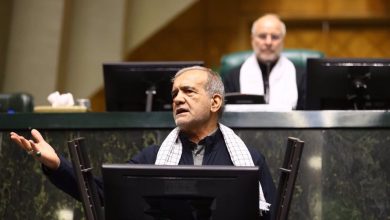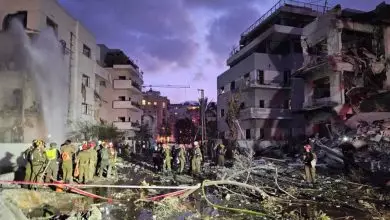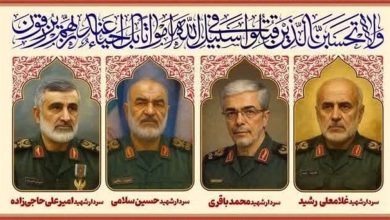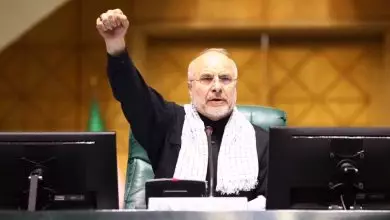Lebanese parliament elects Aoun as president, concluding a two-year political stalemate
In a significant development for Lebanon, army chief Joseph Aoun has been elected as the country's new president, effectively resolving a two-year political impasse in the nation grappling with ongoing crises.
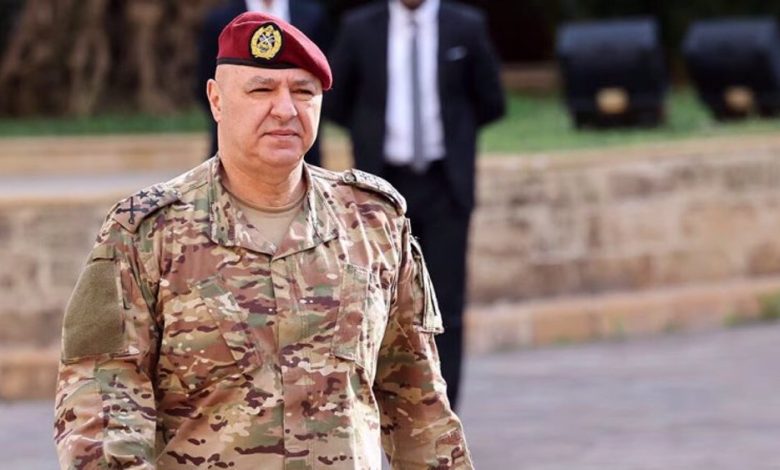
In a significant development for Lebanon, lawmakers have chosen army chief Joseph Aoun as the nation’s new president, effectively concluding a two-year political stalemate in the crisis-stricken Arab state.
On Thursday, lawmakers in the 128-member parliament of the Mediterranean nation elected Aoun as the new president after two voting rounds. The country had been without a head of state since October 2022, following the conclusion of former president Michel Aoun’s term, who has no connection to the recently elected leader.
Aoun, a 60-year-old newcomer to politics, is largely seen as the preferred candidate of both the United States and Saudi Arabia. Lebanon heavily depends on the financial backing from these nations as it seeks to rebuild following a 14-month Israeli offensive primarily targeting the southern regions, which are strongholds of the Lebanese Hezbollah resistance movement.
Hezbollah, which engaged in daily exchanges of fire with the occupying regime from October 2023 until a ceasefire was reached in November, had earlier backed Suleiman Frangieh, the leader of a minor Christian political party in northern Lebanon, as its favored candidate.
In a surprising political maneuver, Frangieh officially announced his withdrawal from the presidential race on Wednesday, extending his support to Aoun and potentially smoothing the path for the army commander to ascend to the presidency.
Michel Aoun clinched the presidency with 99 votes from the 128-member Lebanese parliament, achieving backing from a diverse political landscape, encompassing Hezbollah lawmakers as well as their adversaries. His election brought an end to an extended leadership void, which had impeded critical reforms and intensified concerns of a wider collapse amid Lebanon’s numerous crises.
After being elected president on Thursday, Aoun, who had held the position of 14th Commander of the Lebanese Armed Forces since 2017, officially resigned from his military duties. He attended the parliamentary session to take the presidential oath wearing civilian clothing.
Aoun is tasked with overseeing the implementation of the US-brokered ceasefire between Israel and Lebanon, while simultaneously forming a new government to address the challenges of postwar reconstruction.
In a preliminary assessment conducted in November, the World Bank estimated that the physical damage and economic losses resulting from the conflict amount to approximately $8.5 billion.
Reconstruction initiatives in Lebanon face significant challenges due to the nation’s profound economic crisis, which has persisted for five years, beginning with a liquidity crisis in its banking sector. Consequently, the country’s Gross Domestic Product (GDP) has plummeted by more than one-third.
Ahead of Thursday’s parliamentary sessions, Lebanon’s parliament has held 12 unsuccessful attempts over the past two years to elect a president. As Lebanese lawmakers convene once again, they seek to end a prolonged presidential vacancy that has persisted through repeated electoral failures during the last two years.
Since October 2022, the small Mediterranean nation has been operating without an official government, exacerbating a financial crisis that led Lebanon to default on $30 billion worth of Eurobond debt approximately five years prior.
Lebanon’s sectarian power-sharing framework frequently encounters deadlock arising from both political and procedural hurdles. The nation, presently grappling with a myriad of crises, has witnessed several extended periods of presidential vacancy. The most protracted of these lasted nearly two and a half years, spanning from May 2014 to October 2016, and concluded with the election of former President Michel Aoun.


